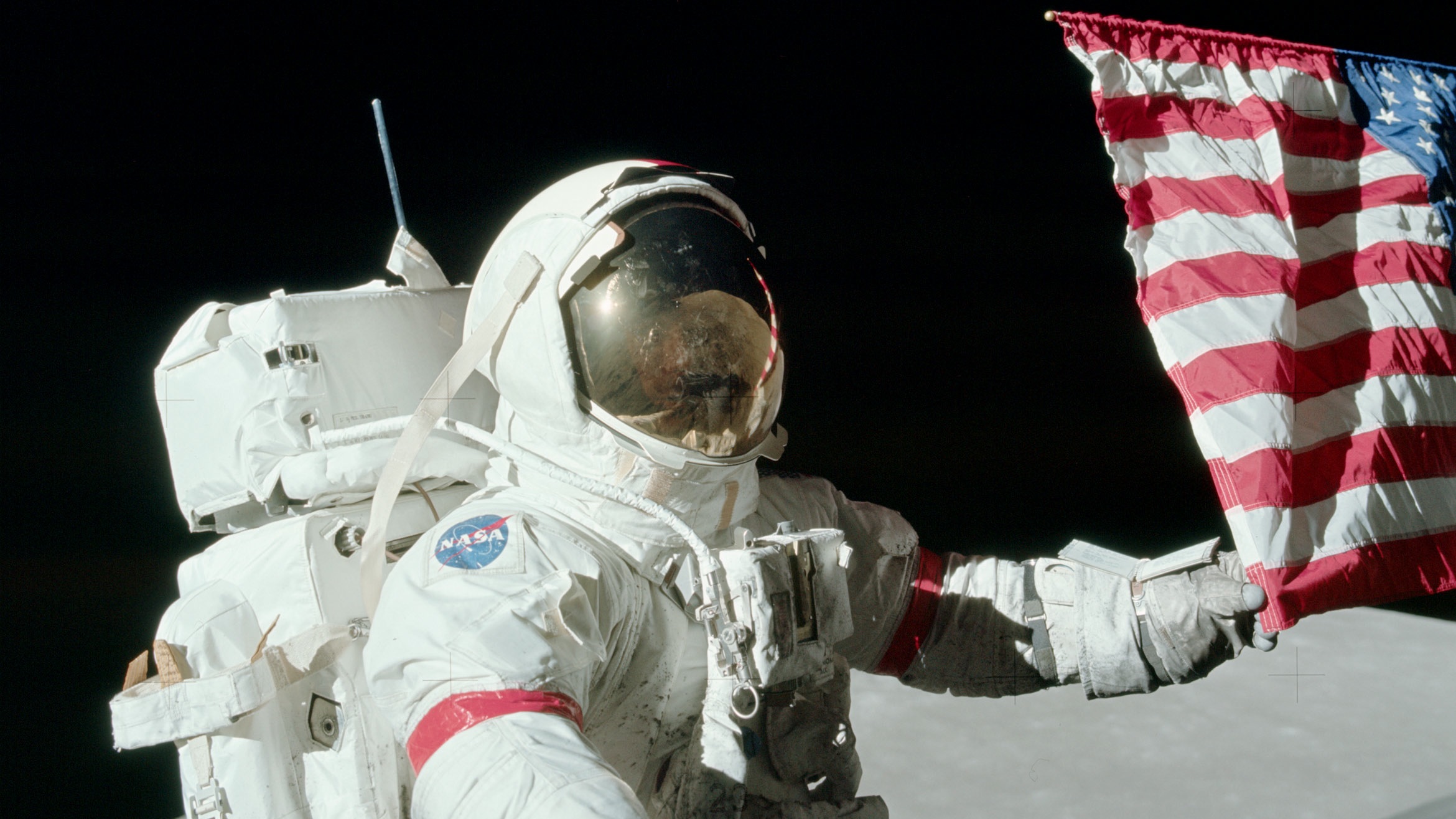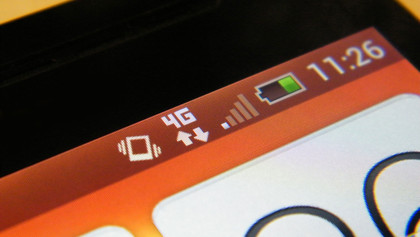Hooray! We can afford 4G after all!
Cash or flicks - what would you prefer?

A few months ago I wrote a piece asking: 'Can EE make 4G a success in Britain?' – the idea being that by being first to market, the brand created by fusing Orange and T-Mobile would gain the key association with next-generation speeds.
It's certainly made a strong fist of that through a huge marketing campaign; from lighting up Battersea Power Station to myriad adverts throughout Britain's cities, the message was certainly prevalent, although some consumers still are only vaguely aware of that new thing that offers faster mobile speeds, then baulk when they hear how much it will cost.
When EE announced its 4G prices, hearts collectively sank. Paying £56 a month for 8GB of data? Sure, you can pay the carrier less and have fewer bytes to play with, but if you're not going to do data-sapping activities like streaming movies and playing games on the go, what's the point in having 4G at all?
Consumers still aren't bothered about waiting four seconds rather than two to load a webpage. They're not going around playing online games yet, and the likes of Netflix are still services mostly viewed in the home - so paying a huge amount extra at this early stage can be a hard sell. Make it cheap enough to use and people will find a smorgasbord of ways to integrate 4G into their lives.
Cheap at half the price
In the same piece, I also noted that "we can't expect to pay rock-bottom rates for the faster speeds (it's not free to deploy 4G, obviously)". Thankfully, that appears to have been incorrect according to the announcement from Three today.
While it hasn't elaborated on its plans exactly, the news that it won't be charging a premium to use 4G is a massive boost to consumers who wanted to be on next-generation speeds but also planned to eat each month as well.

We're not proclaiming that Three's deal is going to be wonderful just yet – there's no mention of what data caps it might impose on 4G connections, which are currently unlimited on a number of schemes – but it's certainly given prospective 4G users something huge to think about.
Get daily insight, inspiration and deals in your inbox
Sign up for breaking news, reviews, opinion, top tech deals, and more.
Will anyone wander into an EE shop to pick up a 4G phone when they can get the same at Three at a much lower cost, safe in the knowledge they will get the same speeds in a few months without a price hike?
Apples and Oranges/T-Mobiles
It's only fair to point out that we're not comparing like for like here: EE is offering something different to Three with its package. Yes, it is much more expensive as it stands, but users do get things like Clone Phone to save their key data and free movies to stream on the go, as well as cinema tickets and the like from EE. The brand will likely push harder at these "value added services" in the coming months too to help separate itself further.
But ask most consumers which they'd rather have - a cheaper tariff or loads of freebies - and they'll probably opt for the former each time. They might ask about coverage as Three still struggles with the impression among a section of the public that it only serves a shed in the centre of London, but the network is promising to have 80 per cent of the country covered by the time it spits out the new speeds, which should placate most.
From a consumer perspective, it's almost unbelievable that a move like this has been made - most of us were conditioned to believe that we were just going to have to suck up the high prices for the improved connections, as that was the way it happened a decade ago with 3G, after all.
But given some networks are already offering speeds of up to 85 per cent that of 4G in some cases for 3G prices, it makes sense that it needn't cost more to go up to LTE speeds – so we're glad that someone came out and did it.

Gareth has been part of the consumer technology world in a career spanning three decades. He started life as a staff writer on the fledgling TechRadar, and has grew with the site (primarily as phones, tablets and wearables editor) until becoming Global Editor in Chief in 2018. Gareth has written over 4,000 articles for TechRadar, has contributed expert insight to a number of other publications, chaired panels on zeitgeist technologies, presented at the Gadget Show Live as well as representing the brand on TV and radio for multiple channels including Sky, BBC, ITV and Al-Jazeera. Passionate about fitness, he can bore anyone rigid about stress management, sleep tracking, heart rate variance as well as bemoaning something about the latest iPhone, Galaxy or OLED TV.